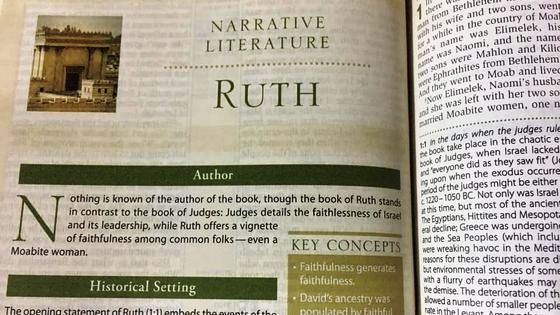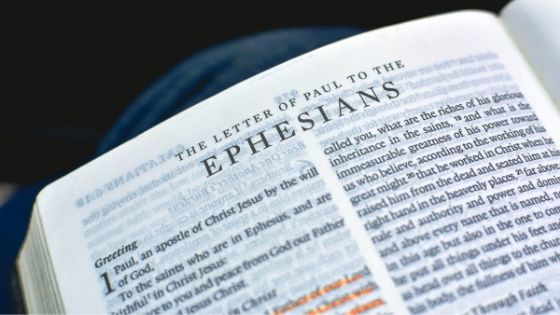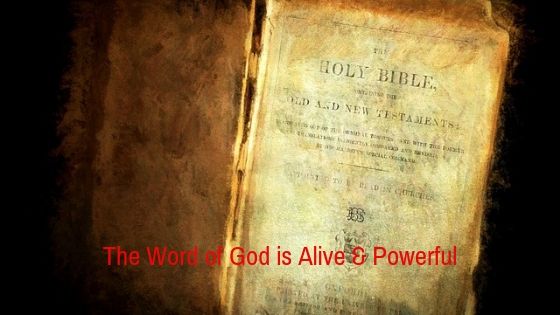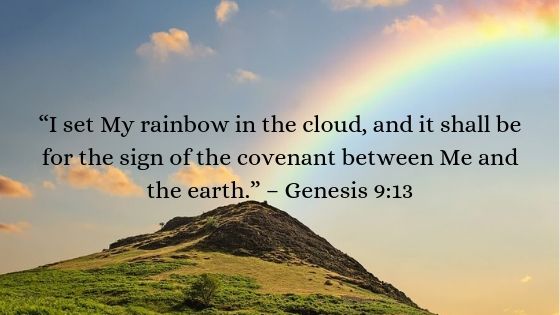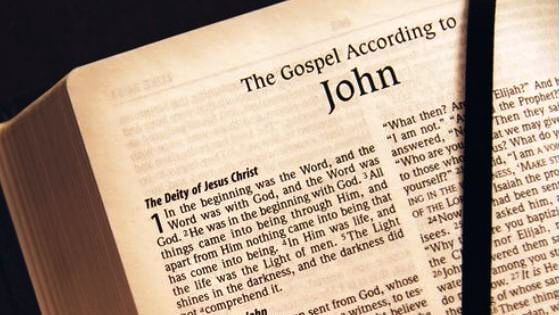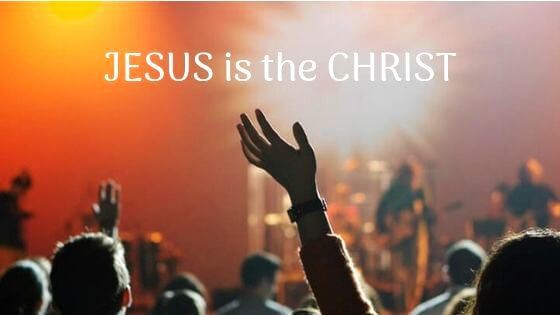A Summary of the Book of Ruth
Ruth is one of the most significant books in the Old Testament for the Church. It explains like no other book in the Bible, the role and mission of the Kinsman Redeemer. This book is also an essential prerequisite to understanding the Book of Revelation. Before attempting to study Revelation 5, you need to understand … Read more

